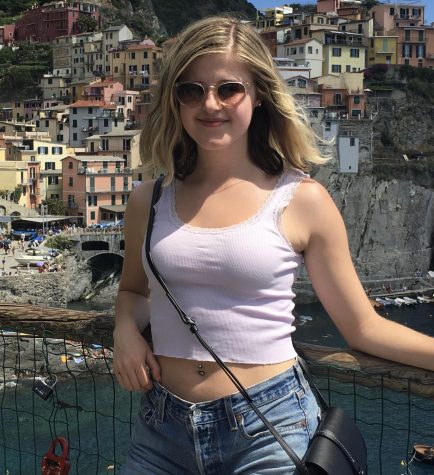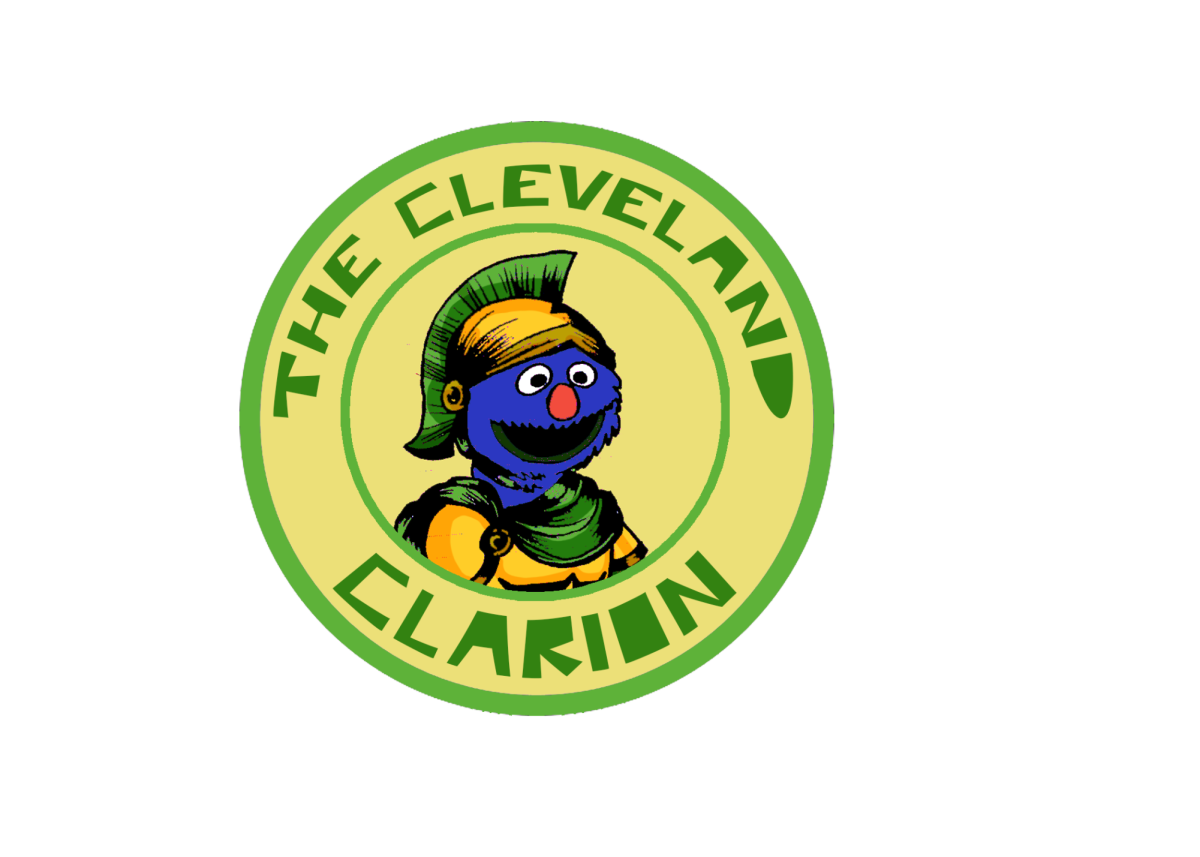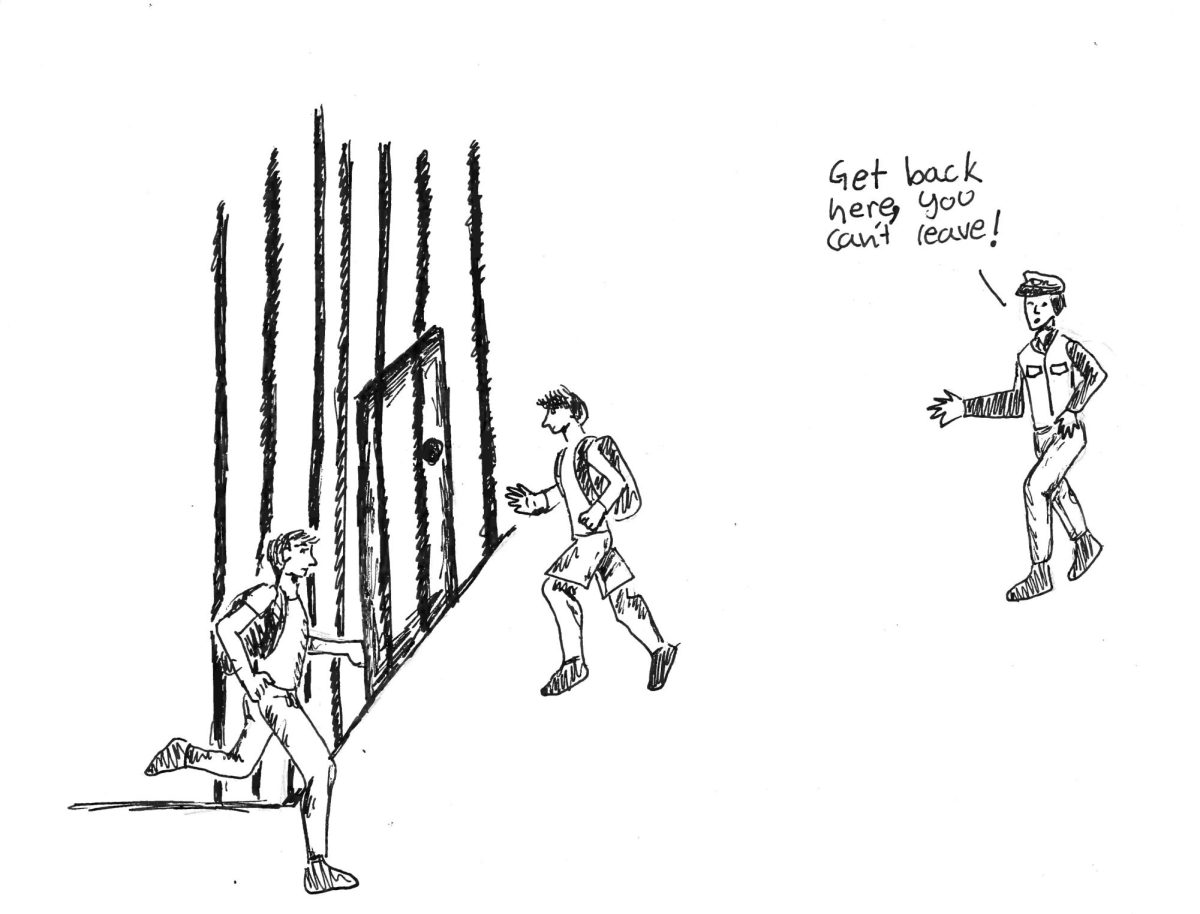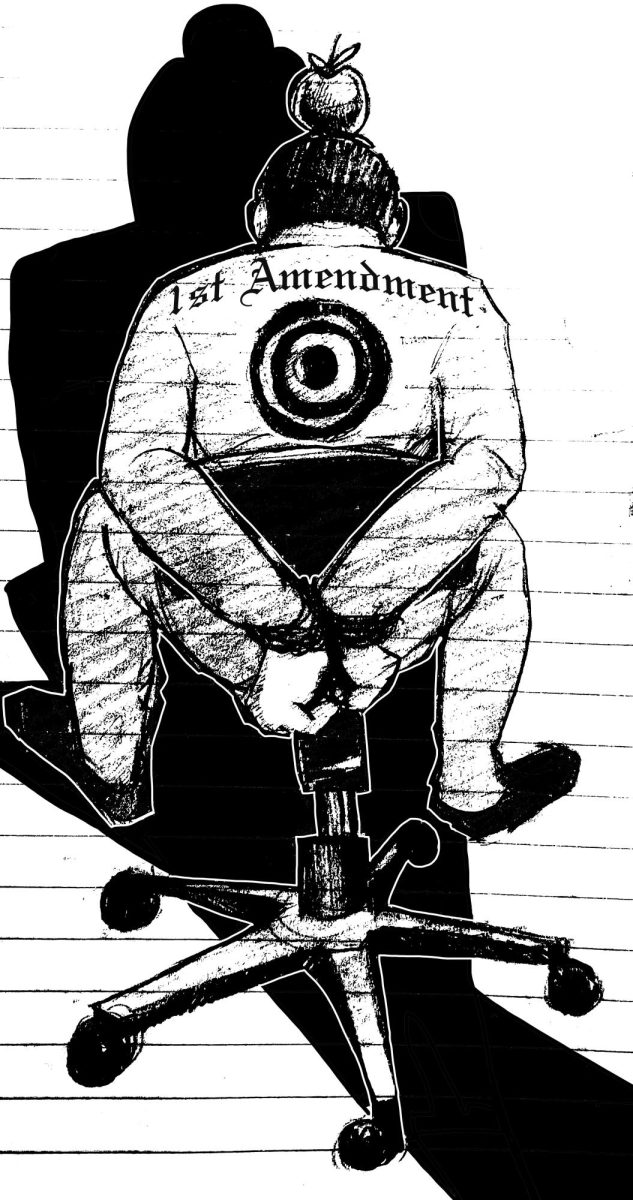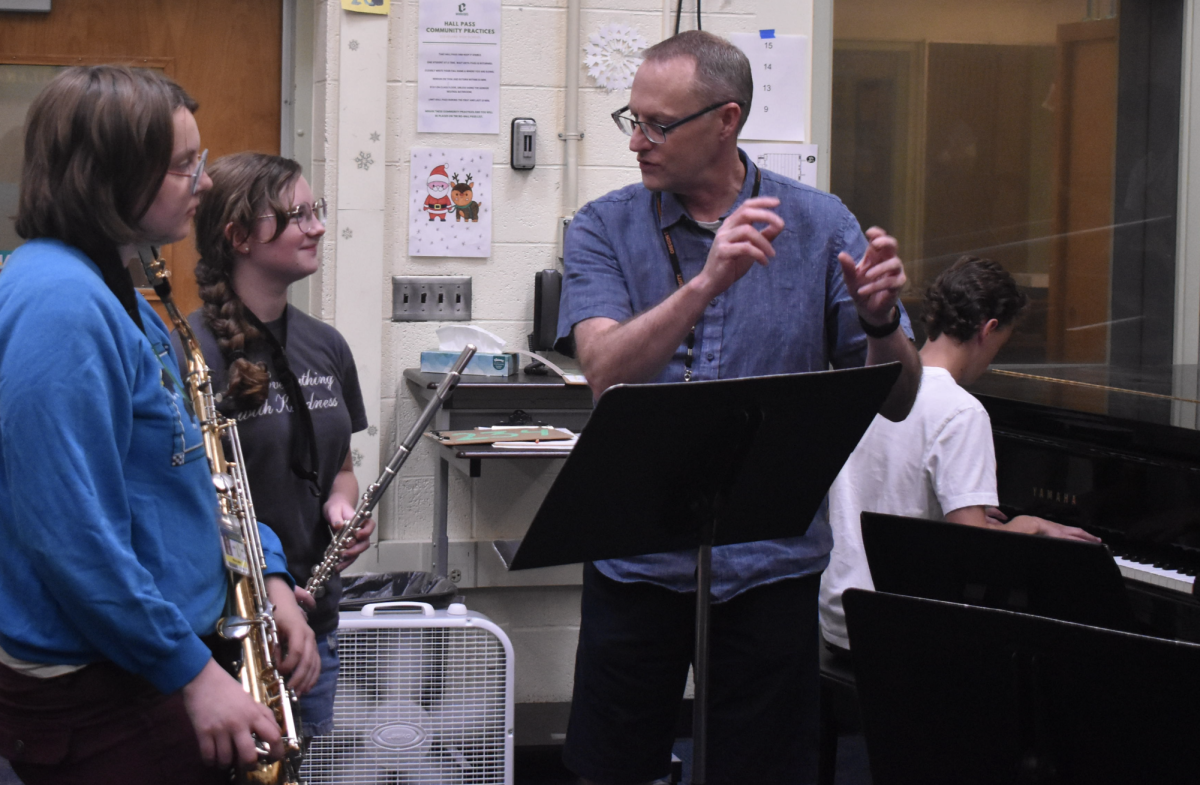No, You Can’t Separate the Art from the Artist
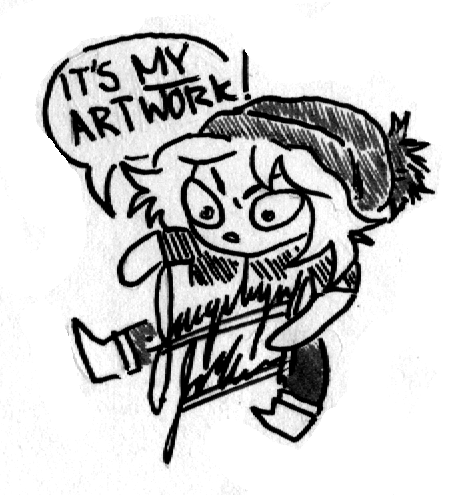
November 30, 2017
Over the summer when I was in Michigan visiting family, I had a conversation with my cousin who works in the film industry in Los Angeles. A recent college graduate, he works at a talent agency, where he reads scripts by both budding screenwriters and big name artists. When I asked him about his favorite movie of the year, he immediately said Manchester by the Sea. He went on about how it should have won the “Best Picture” Oscar over Moonlight, and how Casey Affleck gave a stellar performance.
“Didn’t Casey Affleck sexually assault some people?” I inquired. I had recently read an article on how Brie Larson, the actress who presented Affleck’s Oscar for Best Actor for Manchester by the Sea, refused to clap for him onstage because of his past actions.
He replied with something along the lines of “Oh, I hadn’t heard about that. Even if that’s true, he’s still a really good actor.”
Responses such as these are one of the main ways we excuse people in power from their actions: highlighting their talents is a way for us to conveniently ignore the major mistakes they have made. It is extremely dangerous for us to flatten a celebrity’s image to only include the content they put out, whether it be movies or mixtapes. If we do that, it becomes all too easy to justify the things they have done.
The debate over separating the art from the artist becomes even more important in a time where many power players in Hollywood, as well as in the music industry, are being outed as perpetrators of sexual assault and domestic violence. Our willingness to view the content someone creates as an extension of themselves directly mirrors our collective willingness to hold celebrities accountable for their actions.
Additionally, there is no way to support someone’s work without financially supporting the person. For example, every time you stream an artist’s song on Spotify, they get a small cut. An artist has no clue that you don’t “really support them” if you still purchase their content. All this does is show celebrities that their actions have no tangible consequences because their fans will support them regardless.
Take the troubling case of XXXTentacion. Many discussions of the 19 year old rapper’s recent rise to fame have neglected to mention the charges he faces of aggravated battery of a pregnant woman and domestic battery by strangulation. Miami prosecutors brought these charges against him in October of 2016 for incidents involving his pregnant ex-girlfriend. She gave a nearly three hour testimony at a Miami public defender’s office in January of 2017 that detailed a disturbing pattern of repeated abuse. When the victim was asked how often XXXTentacion threatened to kill her, she said, “Well when we were living in Orlando, it was literally like every day.” Eight months later, XXXTentacion’s first album debuted at No. 2 on the Billboard 200 chart.
Another man who has been able to maintain his career despite abuse allegations is Woody Allen, a director known for films such as Annie Hall (1977) and Midnight in Paris (2011). In 1992, the family’s pediatrician reported to the police that Allen’s seven year old adopted daughter, Dylan Farrow, showed signs of sexual abuse. In 1993, after months of investigation, the attorney general of Connecticut said he had enough cause and evidence to prosecute Allen but wanted to spare Dylan the trauma of a trial. Dylan continues to speak out about the abuse she suffered at the hands of Allen as a child. And Allen continues to release movies, the most recent of which brought in $43.8 million at the box office.
Is it easy to admit that your favorite rapper, actor, or director is a perpetrator of domestic or sexual violence? No. But it is necessary to do if abusers in power are to be held accountable and punished fairly, and it is a step worth taking if you care at all about dismantling a culture where famous people use their positions of power to commit sexual assault without consequence.
It is time for us to collectively recognize that a person’s talent does not excuse them from their crimes, and that the art and the artist are intertwined in a way that does not allow separation without sacrificing accountability.



